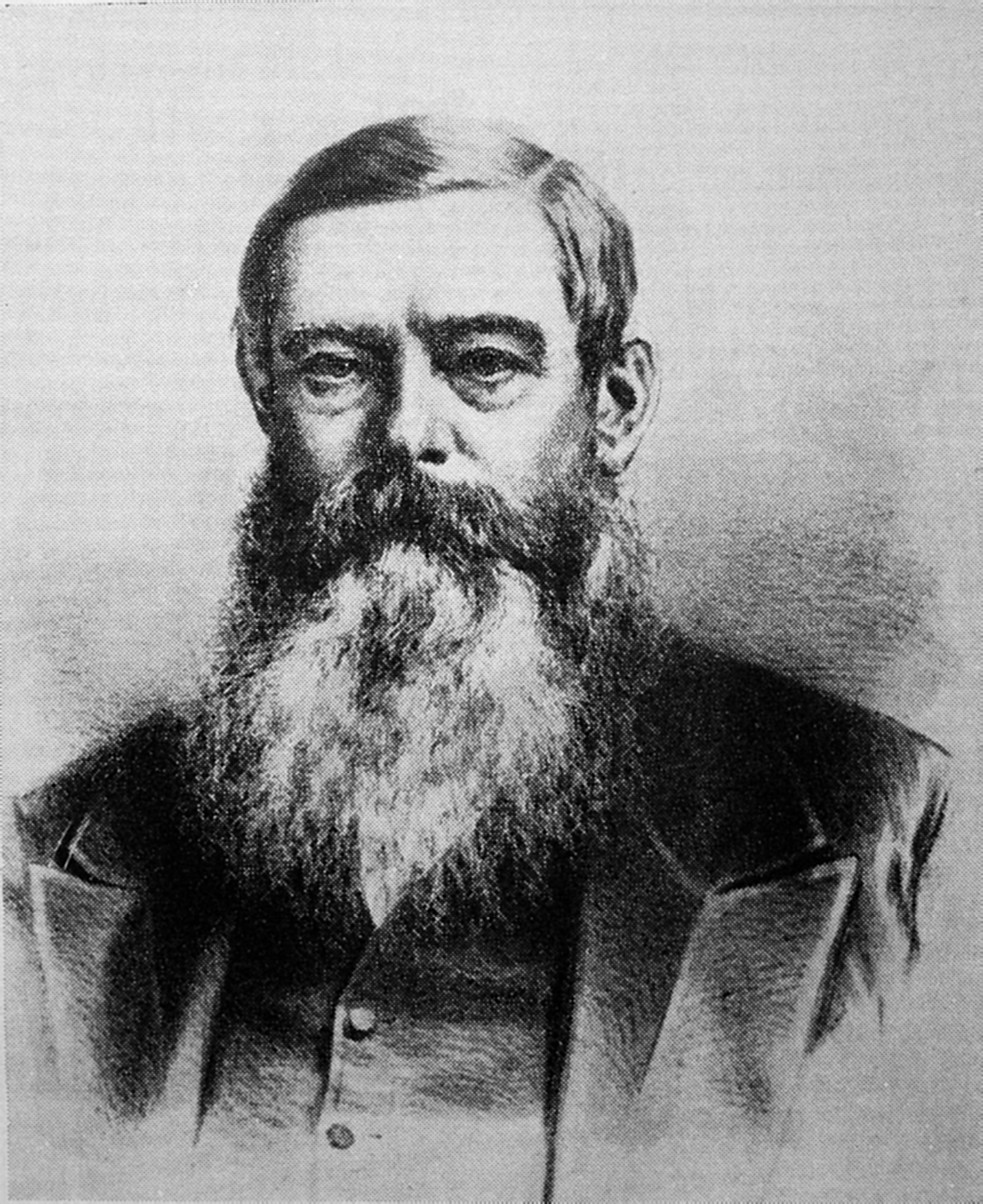- Johannes Brand
Infobox_President
name=Johannes Henricus Brand

order=4th State President of the Orange Free State
term_start=2 February 1864
term_end=14 July 1888
predecessor=M.W. Pretorius
successor=F.W. Reitz
birth_date= birth date|1823|12|6|mf=y
birth_place=Cape Town ,Cape Colony
dead=dead
death_date= death date and age|1888|7|14|1823|12|6|mf=y
death_place=Bloemfontein ,Orange Free State
spouse1=
spouse2=
occupation=|occupation=lawyer ,university professor
alma_mater=South African College ,Leiden University
party=
vicepresident=
religion=Dutch Reformed
Sir Johannes Henricus Brand, GCMG (popularly known as Jan Brand and sometimes as John Henry Brand) (
6 December ,1823 ,Cape Town –14 July ,1888 ,Bloemfontein ) was a South African lawyer and politician, and the fourth state president of theOrange Free State , from2 February 1864 until his death in 1888. He was the son of Sir Christoffel Joseph Brand (1797-1875), speaker of the Capelegislative assembly , and Catharina Fredrica Küchler.Johannes Brand married in 1851 toJohanna Sibella Zastron , a daughter of theRegistrar of Deeds inCape Town . The couple had 8 sons and 3 daughters.Life history
Johannes Brand was born in
Cape Town , and was educated at theSouth African College in that city. Continuing his studies at Leiden in theNetherlands , he took the degree of D.C.L. in 1845. He contined his law studies in Britain and was called to the English bar at theInner Temple in 1849.After his return to South Africa Brand settled in Cape Town, where he practised as an
advocate in theSupreme Court of theCape of Good Hope until 1863.In 1858 Brand was appointed
professor of law in theSouth African College . Because of his support for theirrepublic an ideals, he emigrated to theOrange Free State and was elected president of theOrange Free State in 1863, and subsequently re-elected for five year terms in 1869, 1874, 1879 and 1884. In 1864 he resisted the pressure of theBasuto on the Free State boundary, and after vainly endeavouring to induceMoshesh , the Basuto chief, to keep his people within bounds, he took up arms against them in 1865. This first war ended in theTreaty of Thaba Bosigo , signed onApril 3 ,1866 ; and a second war, which ended in theTreaty of Aliwal North , concluded onFebruary 12 ,1869 . In 1871 he opposed the Britishannexation of the town of Kimberley without success.In 1871 Brand was sollicited by a large party to become president of the
South African Republic (Transvaal ), and thus unite the twoBoer republics of South Africa; but as the project was hostile toGreat Britain he declined to do so, and maintained his constant policy of neutrality towards England, where his merits were recognised in 1882 when he was awarded the GCMG.Johannes Brand was deeply religious and irreproachable in both public and private life. He was extremely popular with the
burghers of theOrange Free State and after his death a statue funded by public subscription was erected inBloemfontein .Trivia
* The main road in the Bloemfontein city centre was named "President Brand" in his honour. Many of the city's main public buildings, such as the "Raadsaal", Appeals Court, historical Presidential Residence, City Hall and Supreme Court are situated on this road.
* He is also famous for his saying "alles zal recht komen als elkeen zijn plicht doet" (all will be well if everyone does his duty).References
*
Wikimedia Foundation. 2010.
